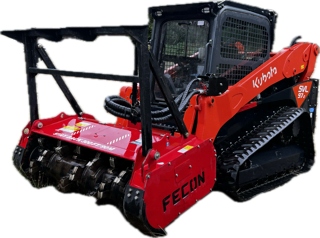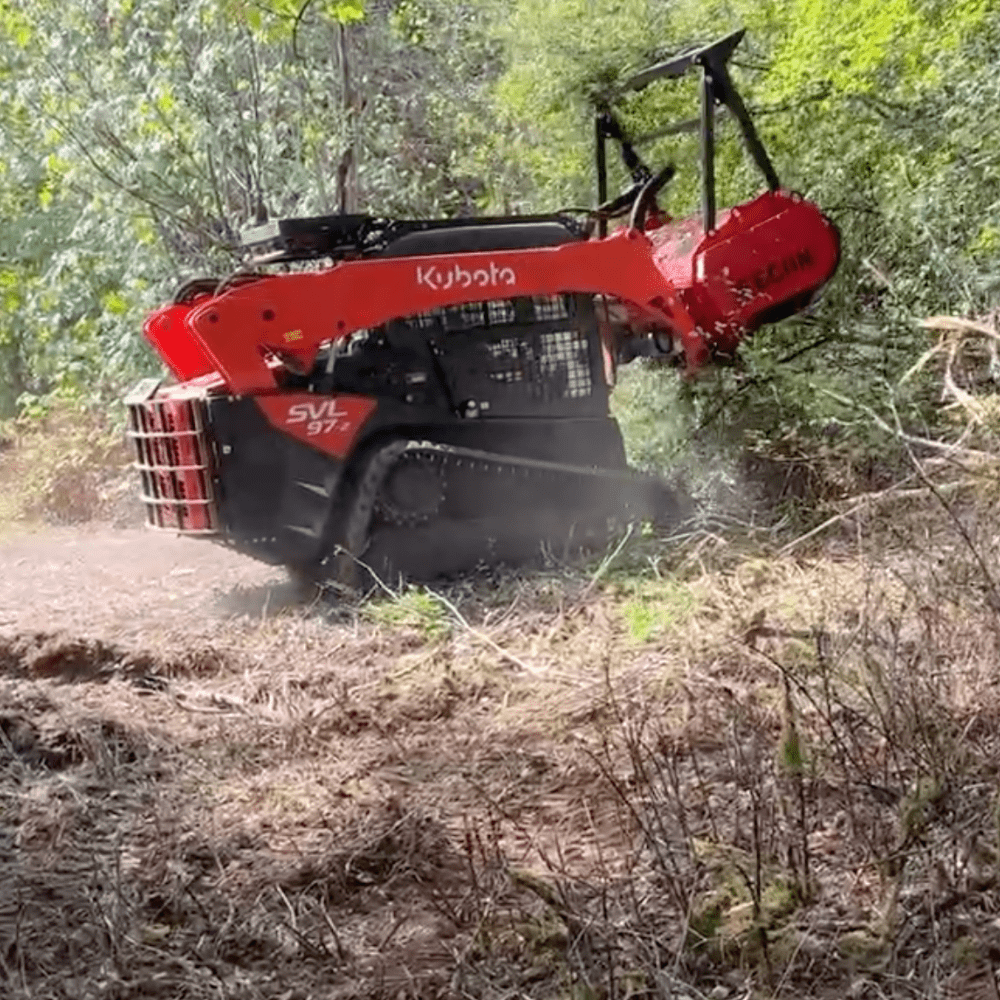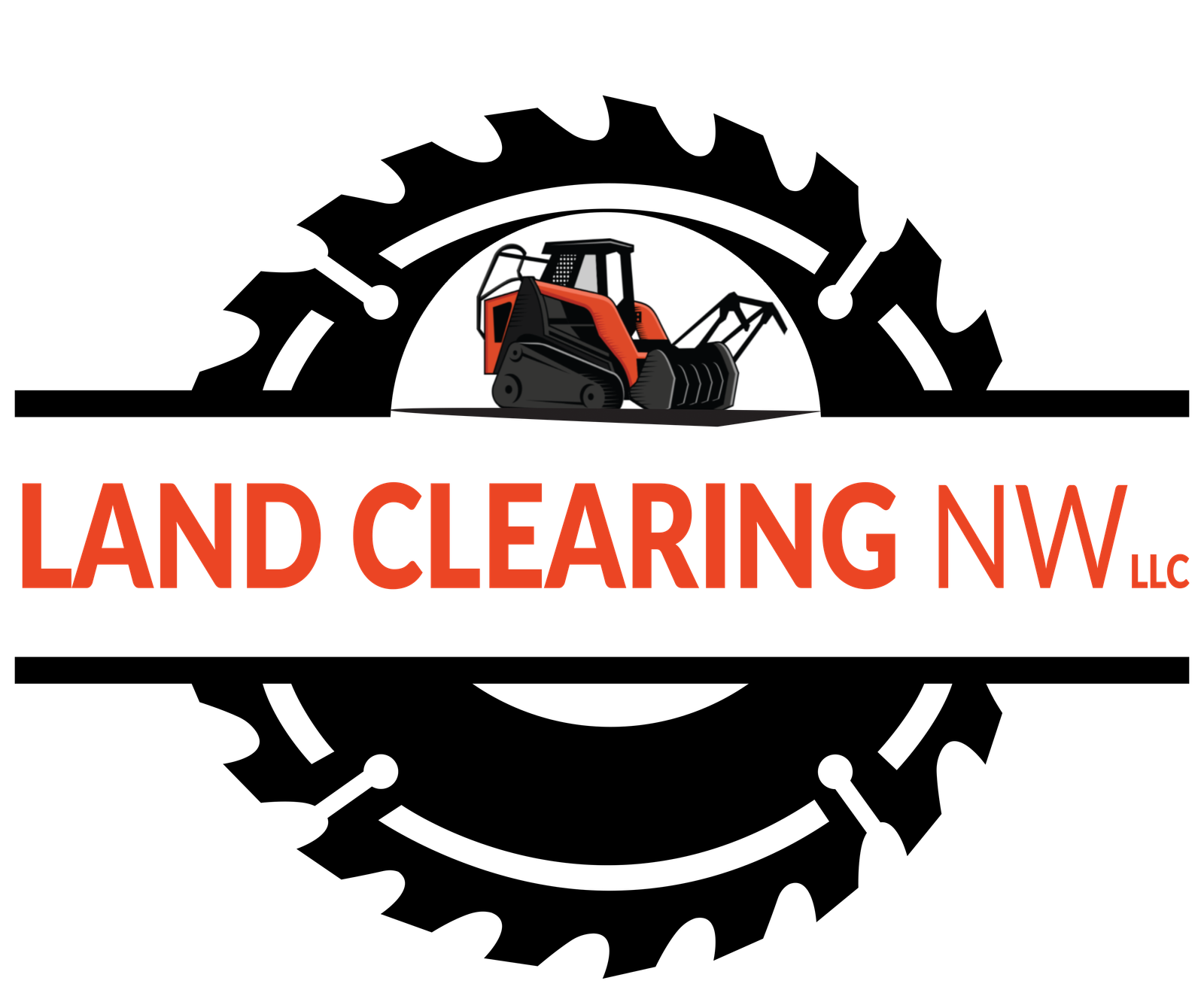Field/Pasture restoration in Vancouver WA

Get a free estimate

Services
Field/Pasture restoration in Vancouver WA
Field Pasture Restoration in Vancouver WA: Ultimate Guide for 2024
Introduction
Field pasture restoration is essential for maintaining productive agricultural land in Vancouver, WA. Over time, pastures can become overgrown with invasive species or suffer from soil degradation, ultimately leading to reduced forage quality and quantity for livestock. Restoring these pastures not only improves the land’s productivity but also enhances biodiversity, encourages soil health, and mitigates environmental impacts such as erosion.
In Vancouver, professional services like those offered by Land Clearing NW focus on effective, sustainable methods for field pasture restoration tailored to local needs.
Top Methods for Field Pasture Restoration
In Vancouver, several techniques are employed to restore degraded pastures effectively:
-
Soil Testing and Amending: The first step in pasture restoration involves testing the soil for nutrients and pH levels. Amending with organic matter or fertilizers can improve soil fertility, which is crucial for healthy plant growth.
-
Invasive Species Control: Targeted removal of invasive plants through methods like mowing, grazing, or herbicide application helps native species flourish. This can be crucial for reclaiming pastures that have become overrun by non-native species.
-
Overseeding: Introduce suitable grass and legume species by overseeding the land. This method can fill in bare spots and enhance the pasture’s nutritional profile.
-
Grazing Management: Implementing rotational grazing systems allows pastures to rest and recover, helping maintain soil health and prevent overgrazing.
-
Erosion Control Practices: Employing strategies such as planting cover crops or establishing buffer strips can help reduce erosion and protect water quality.
For a more in-depth understanding of these methods, visit the specialized services offered by Land Clearing NW. For additional resources on pasture restoration techniques, you can explore USDA Natural Resources Conservation Service.
Choosing the Best Provider for Field Pasture Restoration
When selecting a provider in Vancouver for field pasture restoration, consider the following qualifications:
Key Qualifications
-
Licensing and Insurance: Choose a provider that is properly licensed and insured to safeguard against potential liabilities during the restoration process.
-
Local Expertise: Providers with a proven success record in Vancouver’s specific ecological conditions will be more effective.
-
Sustainable Practices: Opt for companies that utilize environmentally responsible methods for restoration.
Important Questions to Ask Providers
- What type of restoration techniques do you recommend for my pasture?
- Can you provide references from previous clients or case studies?
- What is your timeline for completing the restoration process?
Red Flags to Avoid
- Estimates that seem unusually low may signal compromised quality.
- Providers who are unable or unwilling to share their methods or past experiences.
- A lack of responsiveness to inquiries can indicate poor customer service.
For more information on reliable service, check out Land Clearing NW’s About Us page or see their affiliations on professional bodies such as the National Association of Conservation Districts.
Costs Associated with Field Pasture Restoration
The cost of field pasture restoration in Vancouver can vary significantly based on several factors:
Average Cost Estimates
- Size of Area: Larger fields will naturally incur higher restoration costs due to the increased volume of work required.
- Current Condition of the Pasture: Severely degraded lands may require more intensive management and inputs, which can raise costs.
- Methods Used: Different restoration techniques come with varying price points depending on labor, materials, and equipment required.
Costs can generally range from $1,500 to $5,000 for comprehensive restoration, depending on the factors mentioned.
For specific estimates tailored to your property, visit Land Clearing NW’s Contact Us page for a consultation. Additional financial insights can be found on USDA’s cost-share programs.
Regulations Surrounding Field Pasture Restoration in Vancouver WA
When planning for pasture restoration, it is important to be aware of local regulations that may impact your project:
Potential Permitting Requirements
Depending on the scope of work, you might need permits for activities such as vegetation removal or changes to land use.
Best Management Practices
It’s critical to follow best practices to protect local biodiversity and water resources, particularly when applying fertilizers or pesticides.
For more information regarding local governance and potential regulations, refer to Clark County Community Development for guidance.
Preparing for Field Pasture Restoration
Successful pasture restoration begins with thorough preparation. Here’s a checklist to ensure readiness:
Preparation Checklist
- Conduct a Soil Test: Understand nutrient levels and pH to tailor your amendments accordingly.
- Clear Debris: Remove any large debris or impediments that may obstruct restoration efforts.
- Plan for Water Management: Establish a water source or assess drainage needs if implementing irrigation.
Tips for Smooth Execution
- Schedule for optimal times in the season to ensure successful planting and soil conditions.
- Be on-site to address any questions from the restoration team during their work.
Safety Measures
Ensure that all equipment used complies with safety standards, and keep pets or livestock away during the restoration process.
For guidance on preparation for pasture restoration, explore Land Clearing NW’s services page.
Post-Restoration Management for Field Pastures
After completing restoration activities, ongoing management is key to maintaining pasture health:
Maintenance Tips
- Monitor Pasture Health: Regularly check for signs of invasive species and manage them promptly.
- Implement Grazing Strategies: Apply rotational grazing to avoid overuse and maintain the pasture’s resilience.
Follow-Up Options
Consider scheduling annual reviews with restoration experts to assess pasture condition and make necessary adjustments.
For more information on follow-up services and support, visit Land Clearing NW’s relevant services.
Case Study: Successful Field Pasture Restoration in Vancouver
A recent project by Land Clearing NW involved the restoration of a 25-acre field pasture in Vancouver, which had been heavily overrun by invasive weeds.
Challenges Faced:
- Poor soil fertility and dense weed growth led to diminished forage viability.
Solutions Implemented:
- Soil testing enabled the team to apply the right amendments.
- Systematic invasive plant management techniques were employed, followed by overseeding with compatible grass and legume mixes.
Results Achieved:
- The pasture was revitalized, significantly increasing yield and improving livestock grazing quality.
For additional insights on effective projects, explore Land Clearing NW’s location page for Vancouver.
Expert Tips for Field Pasture Restoration
From the professionals at Land Clearing NW, here are some expert tips for successful pasture restoration:
- Know Your Soil: Regular testing helps maintain soil health and ensures optimal growth conditions.
- Choose Native Plants: Incorporating native plant species boosts local biodiversity and supports local ecosystems.
Common Mistakes to Avoid
- Failing to control invasive species can result in recurring issues and undermine restoration efforts.
- Neglecting aftercare may lead to setbacks in pasture quality and productivity.
For further insights into industry practices and evolving trends in pasture management, check out Land Clearing NW’s blog.
FAQs About Field Pasture Restoration
-
How often should pasture restoration be conducted?
Restoration is often a long-term process; however, regular assessments should be conducted at least once a year. -
Do I need permits for pasture restoration?
Permits may be required, so checking local regulations is vital. -
Can I do the restoration myself?
DIY restoration is possible but can be complex; hiring professionals often yields better results. -
What happens to soil after restoration?
With proper management, soil health typically improves, enhancing pasture quality. -
Is pasture restoration worth the investment?
Yes, improved pastures lead to enhanced productivity and can provide significant returns on investment over time.
For detailed inquiries, visit Land Clearing NW’s FAQ page.
Conclusion
Field pasture restoration is a vital undertaking for maintaining healthy and productive landscapes in Vancouver, WA. It enhances agricultural potential while promoting environmental stewardship. With extensive expertise in pasture management, Land Clearing NW is here to provide tailored solutions to meet your restoration needs. If you’re ready to revitalize your pasture, don’t hesitate to contact Land Clearing NW today!

